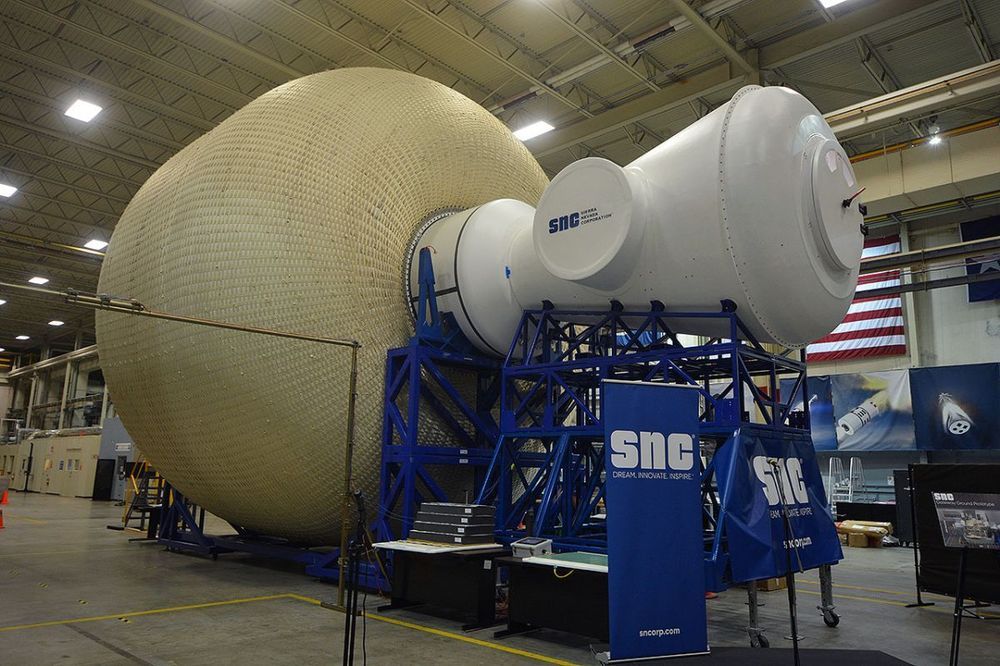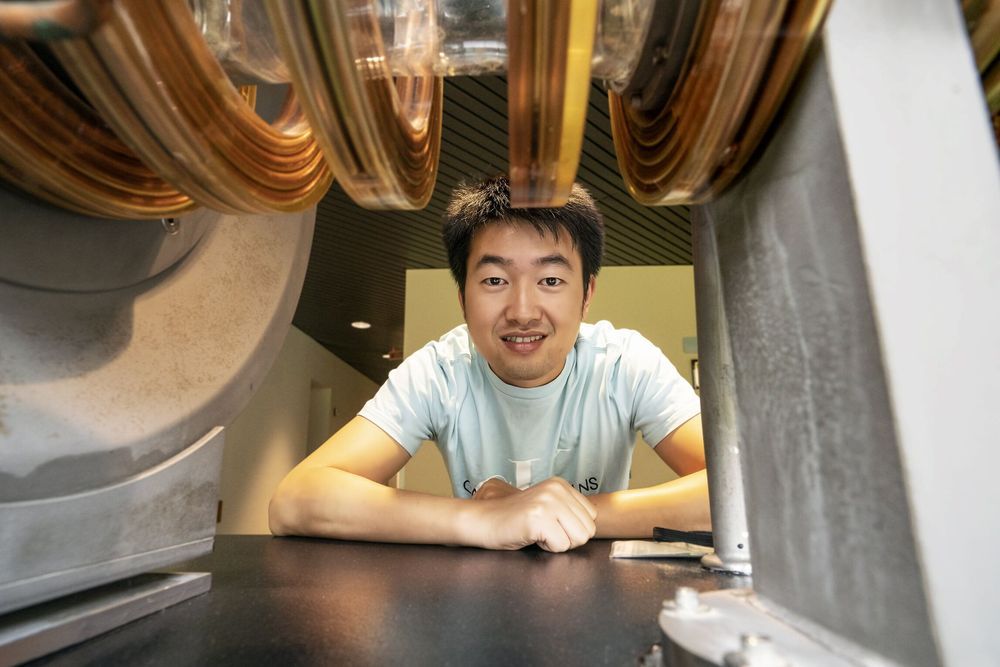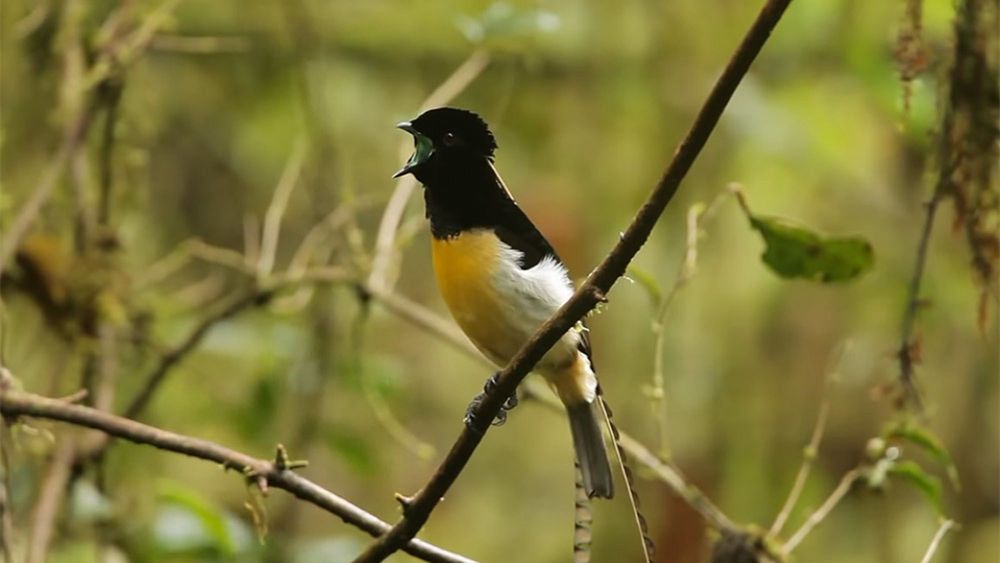Aug 23, 2019
New Technique Streamlines Design of Intricate Fusion Devices
Posted by Quinn Sena in categories: habitats, mathematics, nuclear energy, space
O.o.
Stellarators, twisty machines that house fusion reactions, rely on complex magnetic coils that are challenging to design and build. Now, a physicist at the U.S. Department of Energy’s (DOE) Princeton Plasma Physics Laboratory ( PPPL ) has developed a mathematical technique to help simplify the design of the coils, making stellarators a potentially more cost-effective facility for producing fusion energy.
“Our main result is that we came up with a new method of identifying the irregular magnetic fields produced by stellarator coils,” said physicist Caoxiang Zhu, lead author of a paper reporting the results in Nuclear Fusion. “This technique can let you know in advance which coil shapes and placements could harm the plasma ’s magnetic confinement, promising a shorter construction time and reduced costs.”
Continue reading “New Technique Streamlines Design of Intricate Fusion Devices” »

















